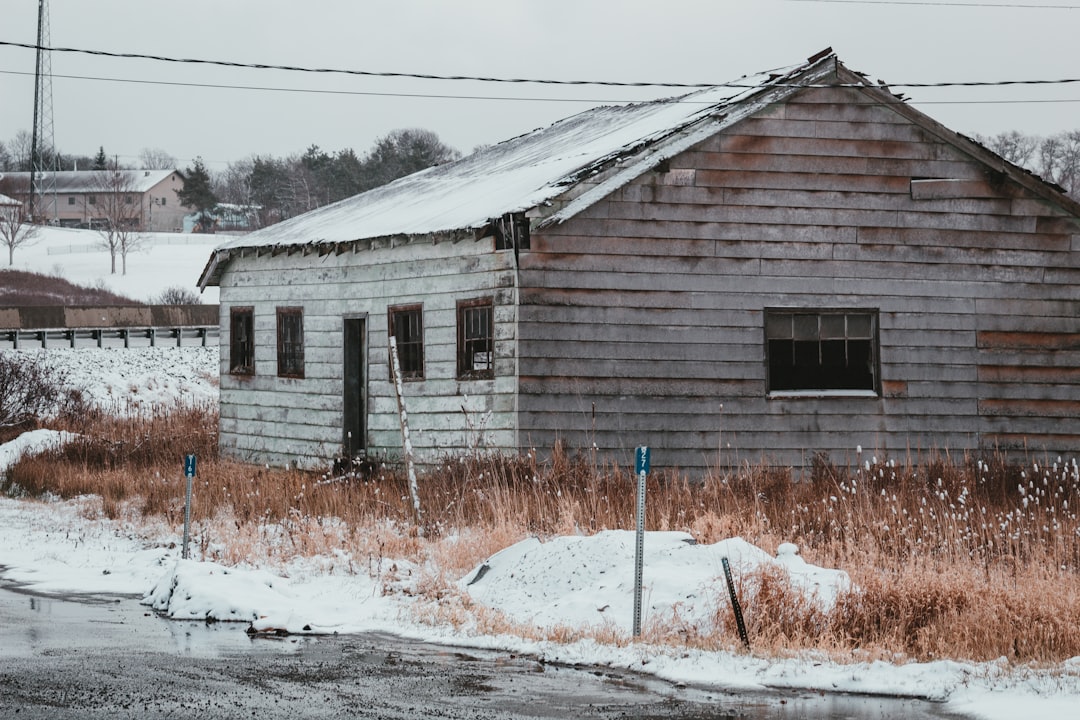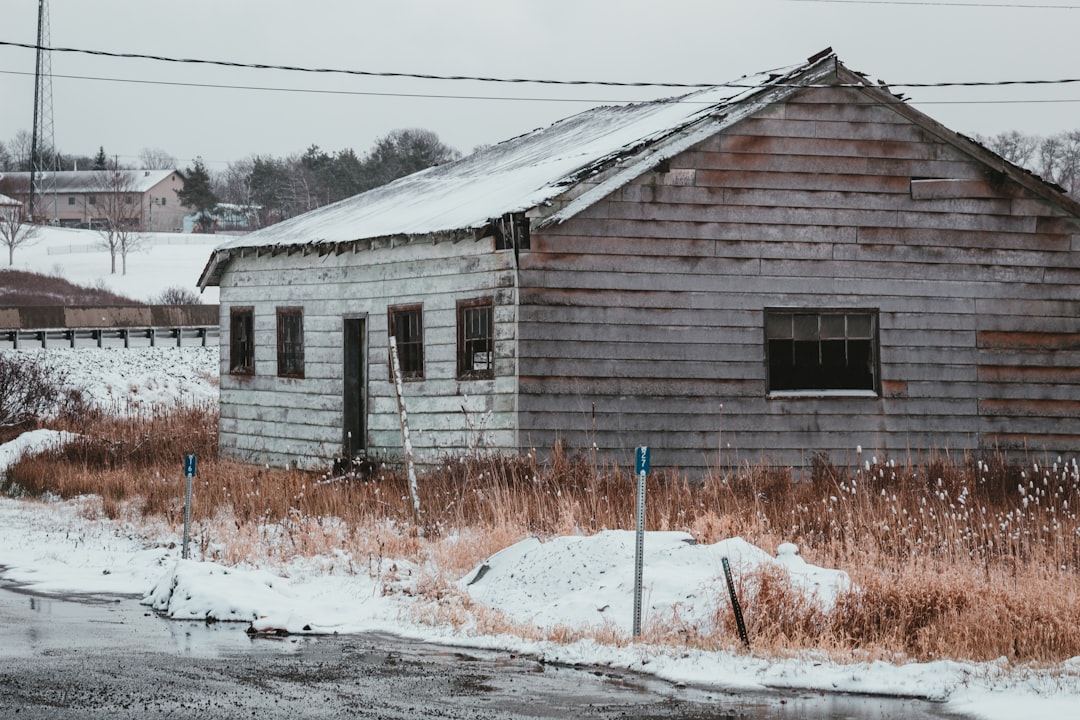Sexual assault victims on Pennsylvania college campuses can find crucial support from specialized sexual assault lawyers and attorneys who protect their privacy while guiding them through the legal process. These professionals are well-versed in local laws, reporting procedures, and institutional liability, empowering students to assert their rights effectively and seek justice under Title IX. Maintaining confidentiality is vital to encourage honest reporting and prevent retraumatization, with Pennsylvania experts advocating for robust student privacy protections.
“In Pennsylvania, navigating campus sexual assault cases requires a delicate balance between justice and student privacy. This article explores the legal rights of students, emphasizing the critical role of a skilled sexual assault lawyer in these complex situations. We delve into how these attorneys protect survivors while ensuring confidentiality, highlighting the importance of trusted legal representation. For victims seeking redress, understanding their options is crucial, especially when considering a sexual assault law firm’s expertise to safeguard privacy and promote a fair outcome.”
Understanding Sexual Assault on Campus: Legal Rights for Students in Pennsylvania
Sexual assault on college campuses is a significant issue that demands legal attention. In Pennsylvania, students who have experienced campus sexual assault possess specific rights and can seek justice through various legal channels. A sexual assault lawyer in Pennsylvania or a specialized sexual assault attorney from a reputable law firm can guide victims through this complex process. These professionals ensure that the student’s privacy is respected while pursuing legal remedies.
The law firms specializing in sexual assault cases understand the sensitive nature of such matters and offer a supportive environment for victims to share their experiences. They are well-versed in Pennsylvania’s laws related to campus sexual assault, including the requirements for reporting, investigation procedures, and potential legal actions against perpetrators or institutions that fail to protect students. Students can assert their rights by involving these sexual assault lawyers or attorneys, who will advocate for their privacy and help them navigate the legal system effectively.
The Role of a Sexual Assault Lawyer in Navigating Complex College Cases
When a student experiences sexual assault on a college campus in Pennsylvania, having an experienced sexual assault lawyer can make all the difference. These legal professionals are adept at navigating complex cases involving student privacy rights and institutional responsibilities. They understand the intricate laws surrounding sexual misconduct and have the expertise to advocate for victims’ rights.
Sexual assault lawyers in Pennsylvania work closely with clients to ensure their privacy is protected while pursuing justice. They guide students through the legal process, helping them file complaints, understand their rights under Title IX, and take necessary actions against perpetrators. With their knowledge of campus policies and legal procedures, these attorneys can help victims feel empowered as they seek resolution and healing.
Protecting Privacy: Student Confidentiality and its Impact on Legal Proceedings
Protecting student privacy is a delicate balance in the context of campus sexual assault cases. When a student comes forward with an allegation of sexual misconduct, their confidentiality is crucial to encouraging honest reporting and supporting victims’ well-being. Pennsylvania law firms specializing in sexual assault cases recognize this sensitivity and advocate for robust protections. Student records, including any documentation related to the incident, should be kept secure and accessible only to authorized individuals, such as those involved in legal proceedings or campus safety personnel.
Maintaining confidentiality can significantly impact the course of legal actions. A sexual assault lawyer in Pennsylvania may argue that open disclosure of victim information could lead to potential retraumatization, intimidation, or even retaliation from the accused or their associates. This is especially true in small communities where students and their families may feel pressured to disclose identities. Therefore, ensuring student privacy during investigations and legal processes is essential for victims’ safety and the integrity of the justice system. It empowers survivors to come forward without fear of exposure, knowing that their information will be handled with the utmost care.





